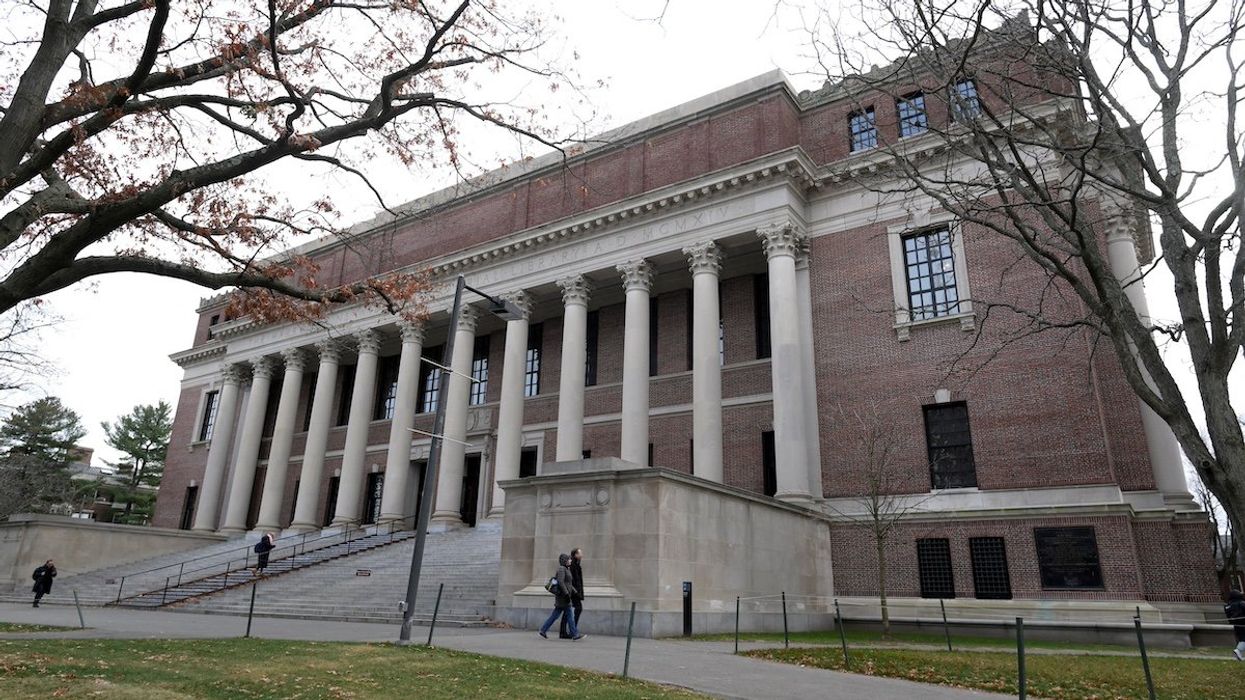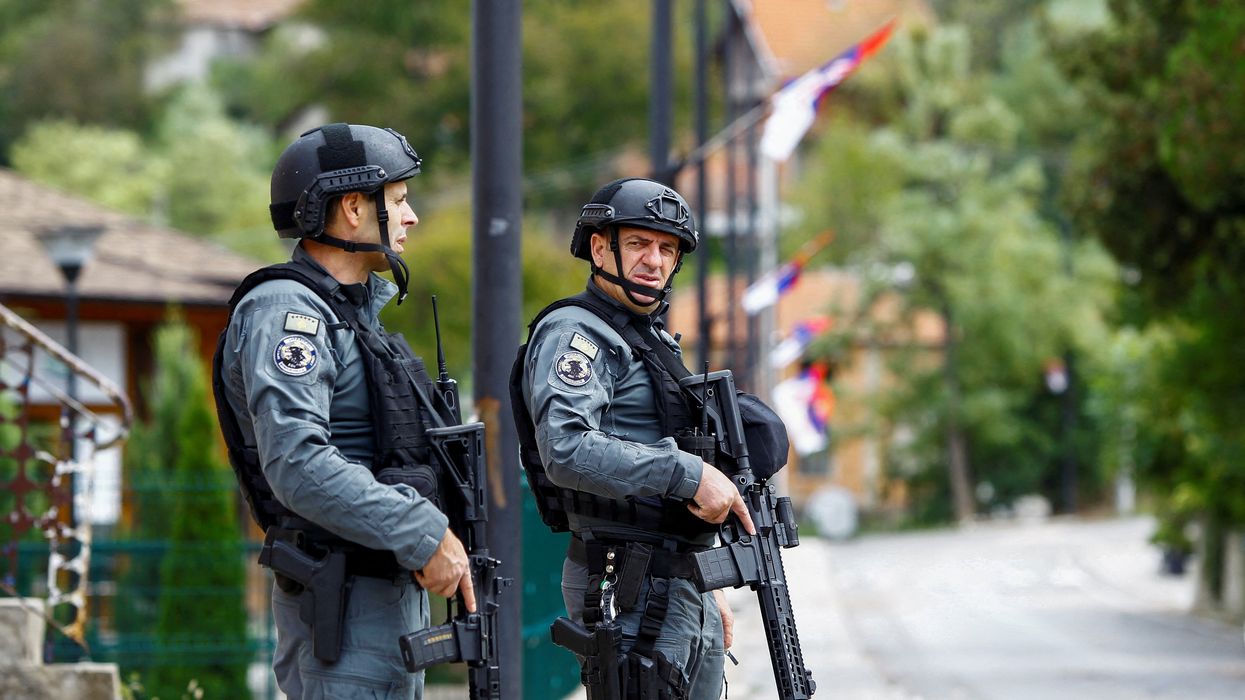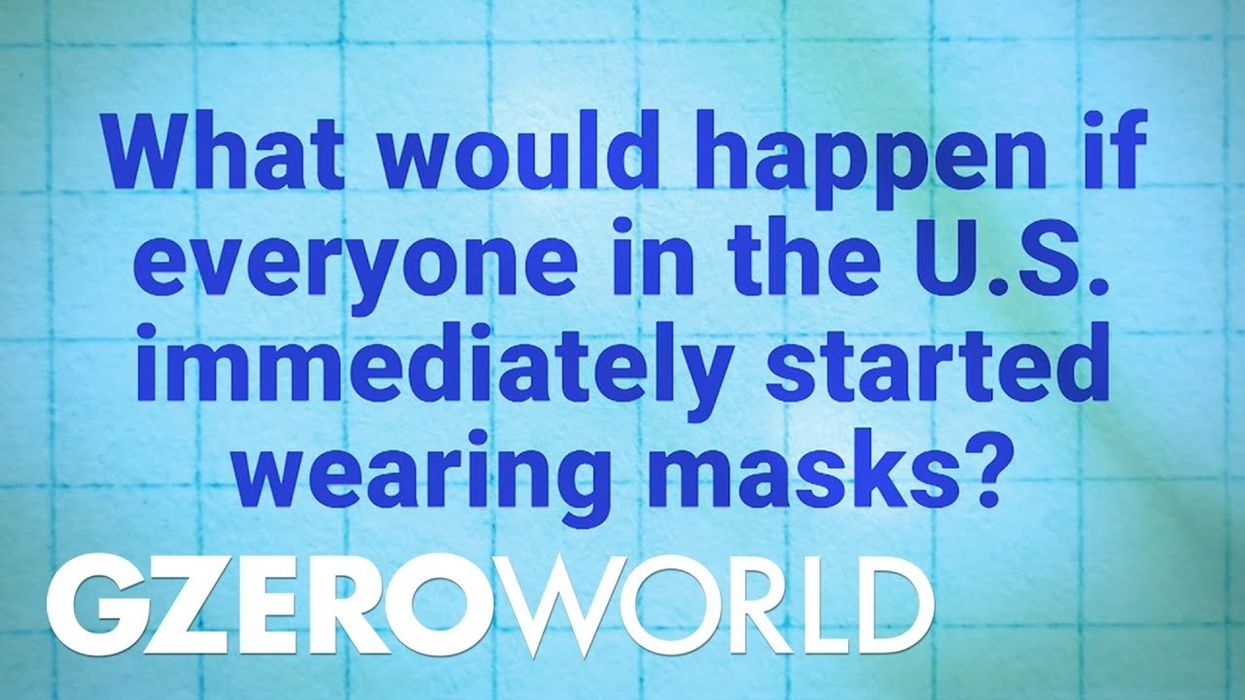Quick Take
Trump targets Harvard: What's at stake for US education & international students?
In this Quick Take, Ian Bremmer breaks down Donald Trump’s escalating battle with Harvard and his threat to cut federal funding and suspend international student visas.
May 27, 2025






